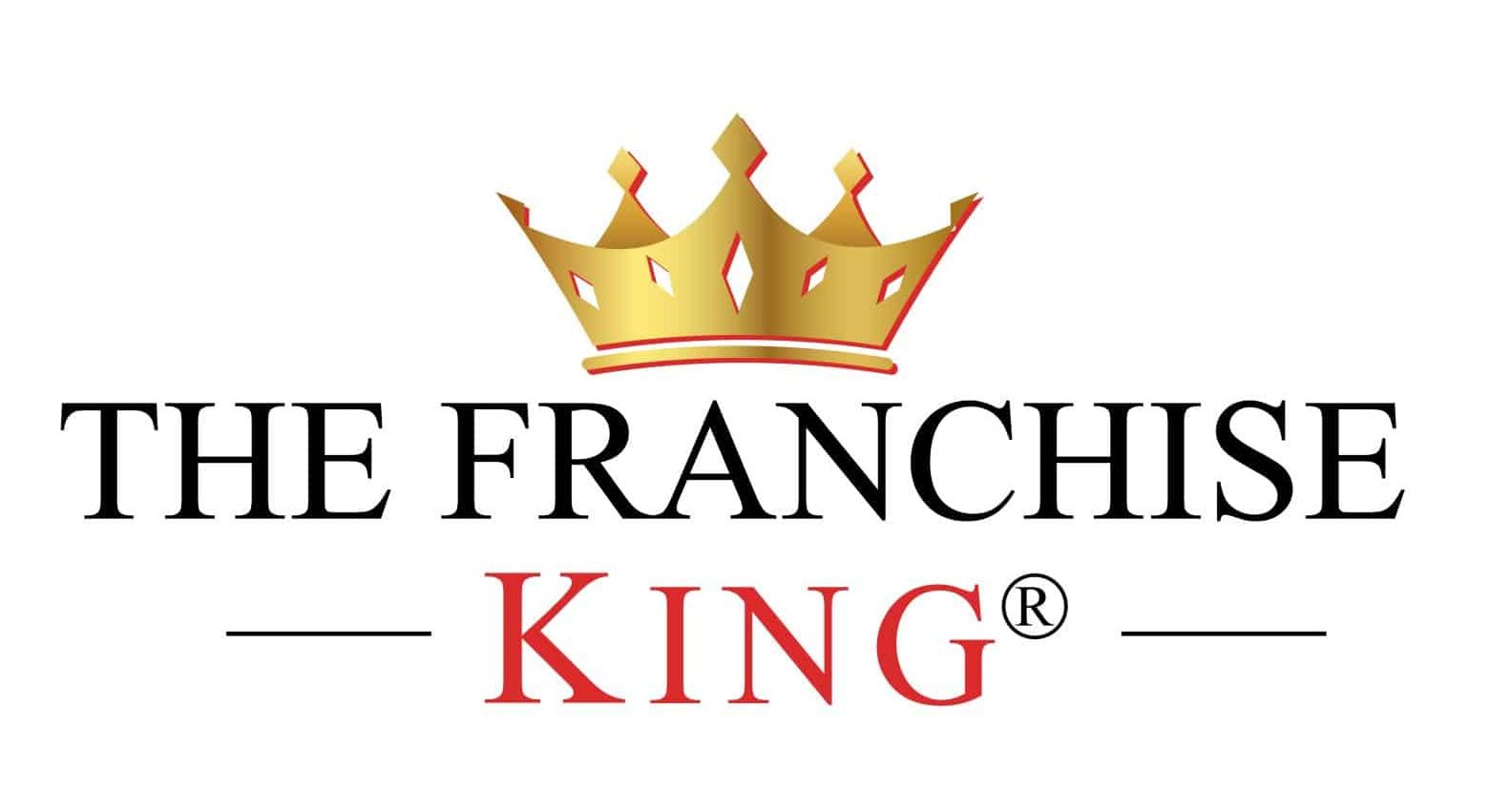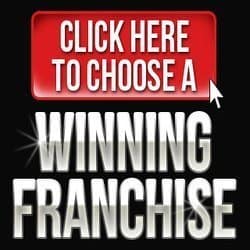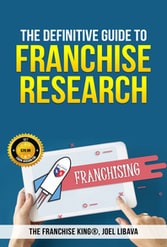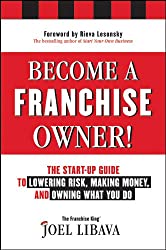![]()
Have you ever heard of a conversion franchise?
If so, you probably don’t need to read this post.
If not, you’ll be glad you did!
Let’s do this.
What Is A Conversion Franchise?
This franchise type refers to an independent business that converts to a franchise business. But why would an independent business owner want to do this?
For the potential of making more money, because the business would be associated with a brand. A recognized name. Here’s what I mean.
A Conversion Franchise Business Example
Let’s say your the proud owner of a local dry cleaners.
Business is pretty good, even with more competitors moving into the space, but it could be better.
Enter Tide®. As in Tide Dry Cleaners.
Wait. You never heard of Tide Cleaners?

That’s okay.
Have you ever heard of “Tide?”
Exactly.
A huge, recognized brand. Millions of consumers know it and trust it.
So as a dry cleaner, why wouldn’t you want that name behind you?
And guess what?
Since you already own the space and the rather expensive dry-cleaning equipment, converting your business into a Tide Dry Cleaners would be significantly less money than opening one from scratch.
Plus, there are so many things that make franchising good.
Tide Dry Cleaners Initial Fees
According to information I found on their franchising website, here’s how much it would cost you to start a Tide Cleaners franchise in your neighborhood.
$703,500 – $1,477,400 for a Plant Store
$718,500 – $1,492,400 for a Central Plant
$145,150 – $565,500 for a Drop Store
$90,950 – $274,100 for a Neighborhood Drop Store
Now compare that to the initial store investment to convert a dry cleaning business to a Tide Cleaners franchise.
Your cost ranges from $93,900 to $197,000. That includes a franchise fee of $10,000
Note: Total initial costs will depend on your current building, and what it may need for a full conversion. For more specifics, read this from their blog.
Conversion Franchising Isn’t For Everyone
To me, in most cases, conversion franchises are a no-brainer. But they’re not for everybody.
That’s because the personal traits and management style of the prospective conversion franchisee may not be a fit for the franchise model itself.
That’s because of the numerous rules and regulations franchisees must follow, as stated in their franchise contract.
For example, the independent owner may be too set in her own ways to learn and follow a new business system. That would be a problem.
That’s why the sales representative at franchise headquarters needs to be skilled at vetting out owners who would turn out to be a nightmare for the franchise company.
That said, if the independent small business owner is in enough pain, as in business isn’t good and the owner may be thinking about shutting down her business in the near future, she may be more open to the franchising system.
And if she can save her business by converting it into a franchise business, it could end up being a win for her. And for the franchisor.
FYI: did you know that independent restaurants can sometimes be successfully converted into restaurant franchises?
Another Example
I found a another example of conversion franchising on the Trembly Law website:
“Consider a mom-and-pop auto garage that has been doing routine tune-ups and minor collision repair for decades. The business was passed onto the son and daughter of the original owner a few years ago. The children enjoy running the business, but aren’t as passionate about the nuts and bolts as their father. So, when they are approached by a chain about possibly opening up as a franchise location under its branding and operational procedures, they are interested and engage in talks with the franchisor, ultimately signing an agreement.”
Makes sense, right?
To wrap things up, now that you know what a conversion franchise is, can you think of an independent business in your area that could use the type of jolt a strong franchise brand could provide?
And if you owned a small business, would you do it?
About the Author
The Franchise King®, Joel Libava, is a leading franchise expert, author of "Become a Franchise Owner!" and "The Definitive Guide to Franchise Research." Featured in outlets like The New York Times, CNBC, and Franchise Direct, Joel’s no-nonsense approach as a trusted Franchise Ownership Advisor helps aspiring franchisees make smart, informed decisions in their journey to franchise ownership. He owns and operates this franchise blog.
Note: When you buy through links on this website, we may earn an affiliate commission.








